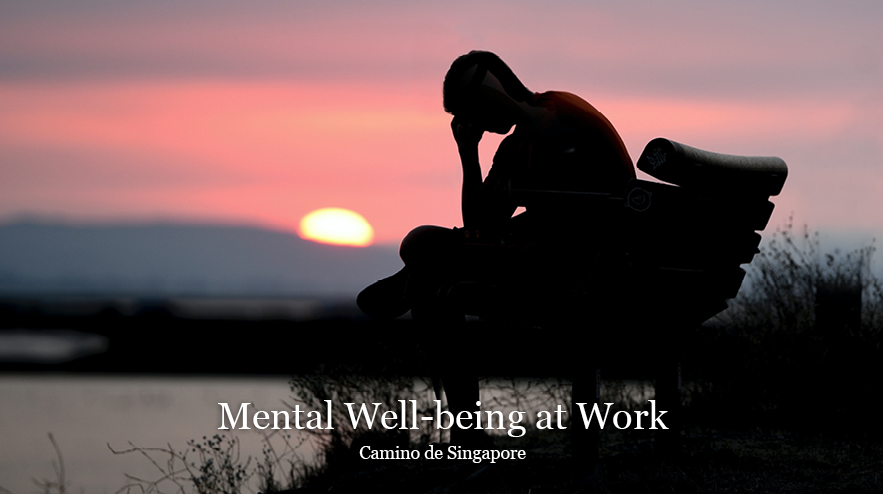No products in the cart.

Photo by https://unsplash.com/@judebeck
Despite great advancements in medicine in the last century or so, there is still very little that we know about mental illness and its effects. Nevertheless, mental illness is experienced by many people, many of whom are hiding their condition from their peers. The COVID-19 crisis has exacerbated the situation, triggering anxiety among many more people, particularly when their jobs are at stake. The heightening anxiety in the workplace, unfortunately, does not result in greater openness towards mental health issues. Instead, fearing tight competition, workers feel compelled to soldier on and be seen as having the ability to cope out of fear of reprisals or job losses. It becomes a kind of a faux pas to show any signs of weakness or vulnerability.
This trend is disturbing given the stigma on Persons with Mental Health Conditions (PWMHC) in the workplace as reported recently. Stigmatisation pushes people further into the silence of marginalisation, where one feels withdrawn, ashamed and excluded. Furthermore, stigmatisation does not disappear by itself. Left unchecked, such an attitude towards mental health issues can influence the thoughts of others, creating a harmful public attitude that perceives PWMHCs as people who are different from “normal” people.
Such a climate makes it harder for PWMHCs to thrive at work, or even lose their job should their employers find no other recourse in dealing with them. With COVID-19, the number of PWMHCs will only increase and the problem will only grow in scale. For such individuals, this can translate into the inability to earn one’s keep and work with dignity.
Yet, all is not lost. We spend on average a third of our lifetime at work, which means that the workplace can be a fertile ground for those of us who wish to counter stigmatisation against PWMHCs. One way to do so is to rethink how work is evaluated. Instead of pushing people as far as possible, leading to a pervasive atmosphere of fear of underperformance, employers and managers can opt to create an environment that encourages workers to perform as best they can in their own circumstances.
Another important measure is to help provide information to educate the community about mental wellness and illness. This is to lessen stigmatisation, encourage professional help-seeking behaviours and emphasise the importance of having crucial support from loved ones and the community, such as friends, employers, neighbours, etc.
St John Paul II taught, “Whoever suffers from mental illness always bears God’s image and likeness in themselves, as does every human being. In addition, they always have the inalienable right not only to be considered as an image of God and therefore as a person, but also to be treated as such.” Embodying this outlook, Jesus sought out the lost and forgotten, healing their body, mind and spirit. Yet, he did not stop there. He assimilated them back into the community so they can live a life of fulfilment and hope (cf. John 10:10). Let us imitate Jesus in seeking for those who are in need and welcome them into our communities with tender care (cf. Romans 15:7).
Jacob Soo is the Formation and Membership Executive at Caritas Singapore and serves at the Cathedral of the Good Shepherd. He finds joy in strong cups of black coffee, Catholic spirituality books, and conversations on the faith.
